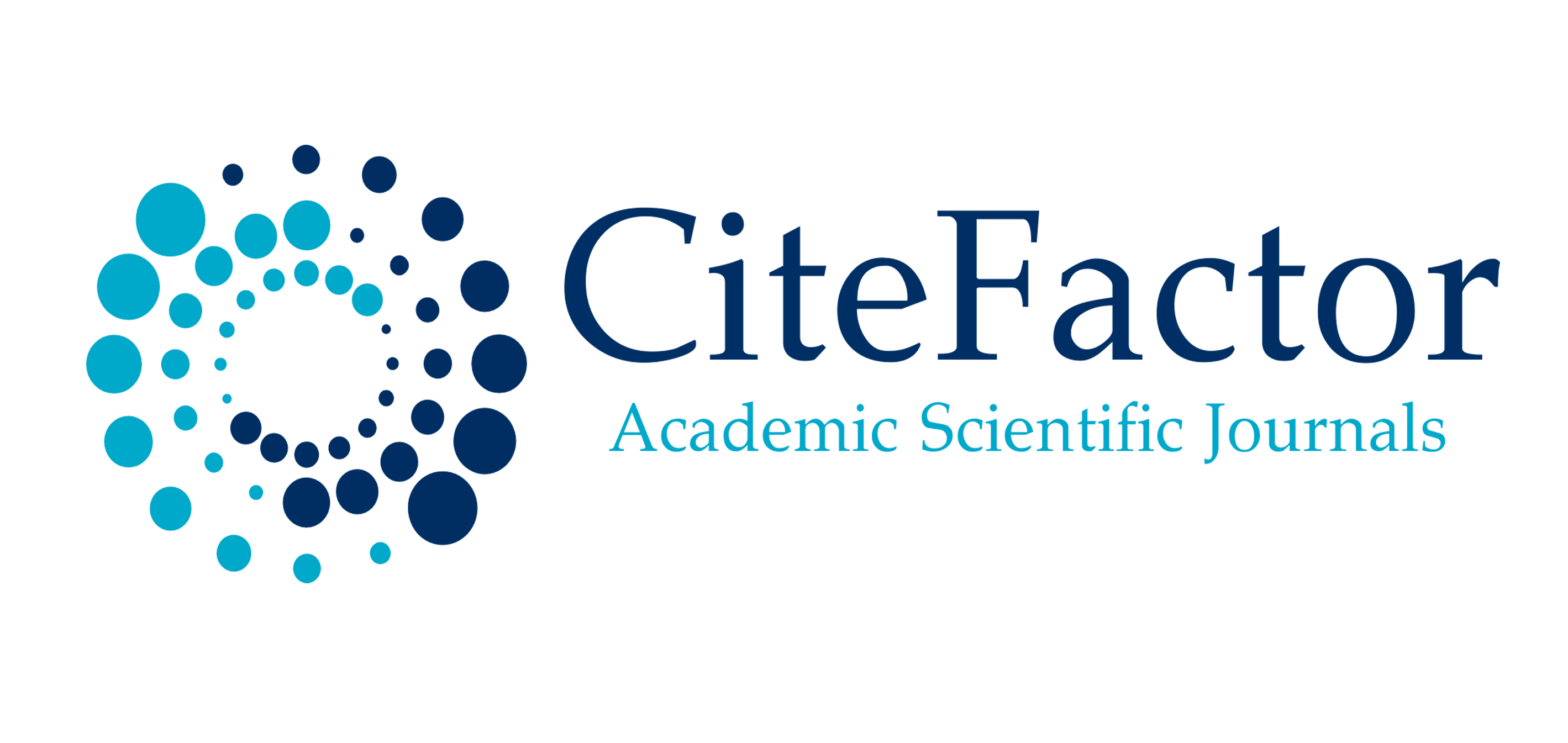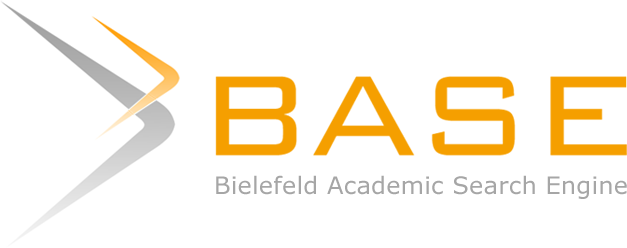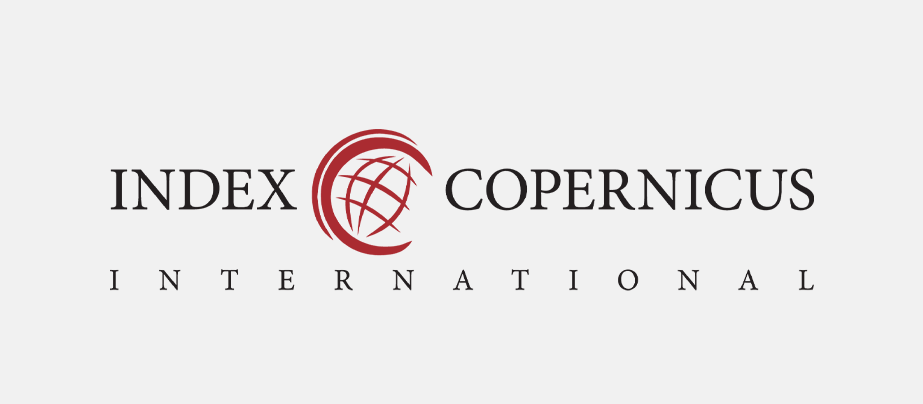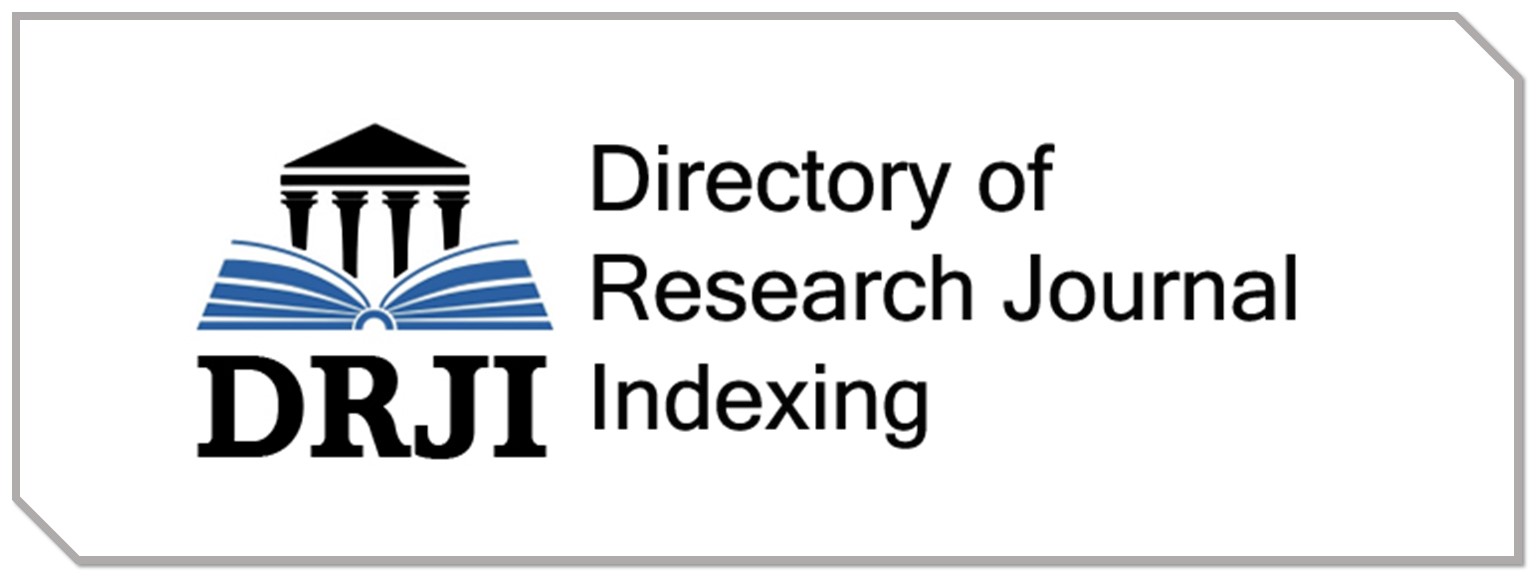On the Need for Implementing Innovative Technologies in the Training of Academic Teaching Staff
Keywords:
pedagogical innovation, educational system, teaching efficiencyAbstract
Amir Temur's role in establishing a centralized state and his contributions to global civilization remain significant yet underexplored in modern historiography. While extensive research has been conducted on his military campaigns and governance, a gap persists in understanding his strategic state-building methods and their long-term implications. This study employs a qualitative historical analysis, relying on primary sources such as Temur Tuzuklari and contemporary research, to examine the political, economic, and cultural frameworks implemented under his rule. Findings indicate that Amir Temur's leadership emphasized military discipline, economic expansion, and diplomatic relations, enabling the creation of a powerful and stable state. His ability to consolidate various territories under a centralized administration set a precedent for governance structures in later empires. The results highlight how his policies shaped regional and global political landscapes, contributing to economic growth, urban development, and cultural exchanges. This study’s implications extend to modern discussions on state formation, leadership, and governance, demonstrating how historical lessons from Amir Temur’s rule remain relevant today.










